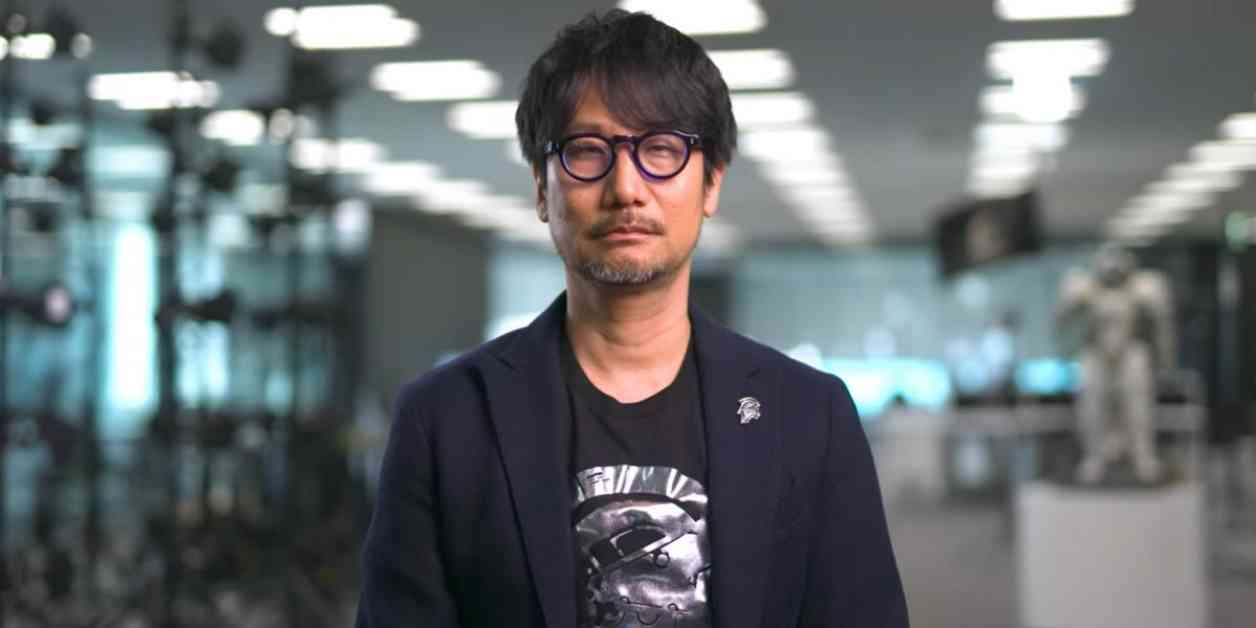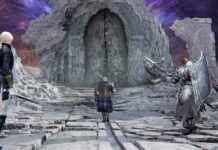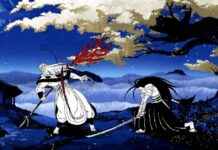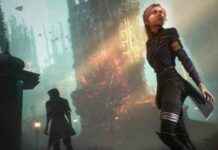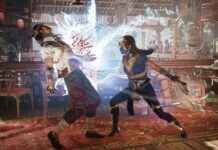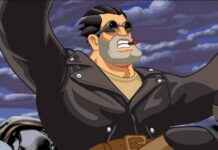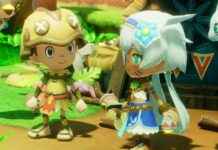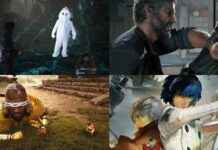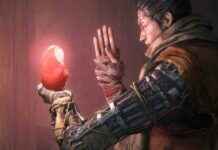Hideo Kojima’s Reflections on Aging and Creativity in the Midst of Studio Crunch
Renowned game designer and creator of Death Stranding and Metal Gear, Hideo Kojima, recently took to social media to share his introspective thoughts on aging and creativity. The 61-year-old industry icon expressed concerns about how his advancing age might impact his ability to stay ‘creative’ in the future, raising questions about his artistic longevity and legacy.
Racing Against the Clock
In a candid post, Kojima revealed that his recent purchase of Ridley Scott: A Retrospective had prompted him to reflect on his own mortality and creative output. He confessed, “Every day feels like I’m racing against the clock,” acknowledging the inevitable passage of time and its implications on his work. The realization that even at 87, Ridley Scott remains active and creative served as both inspiration and a sobering reminder of the fleeting nature of life.
The Weight of Legacy
This isn’t the first time Kojima has grappled with the burden of his legacy and the impact of aging on his creative process. His decision to return to the action-espionage genre in the upcoming PlayStation 5 game, Physint, was driven by a period of illness and surgery that forced him to confront his own mortality. As he contemplates the future and the years ahead, Kojima strives to balance his desire for innovation with the expectations of his audience, recognizing the need to adapt and evolve as an artist.
Navigating Crunch Time and Creative Challenges
As Kojima Productions enters ‘crunch time’ to finalize Death Stranding 2 and OD, Kojima faces the most demanding phase of game development. Balancing physical and mental strain, the studio is immersed in a whirlwind of tasks, from mixing and Japanese voice recording to writing comments, essays, and interviews. Despite the challenges ahead, Kojima remains committed to delivering quality content to his fans while exploring new creative frontiers.
In conclusion, Hideo Kojima’s reflections on aging and creativity offer a poignant glimpse into the mind of a visionary artist wrestling with the passage of time and the demands of his craft. As he navigates the complexities of studio crunch and the pursuit of artistic excellence, Kojima’s journey serves as a reminder of the enduring power of creativity and the transformative impact of storytelling in the digital age.

